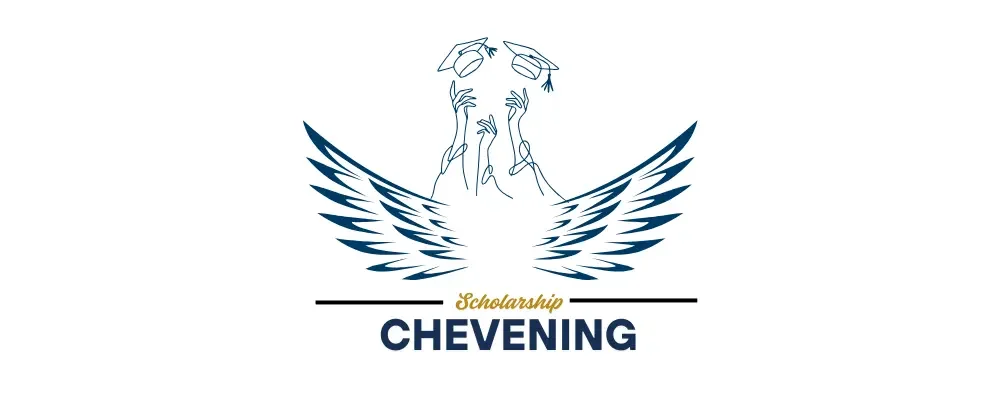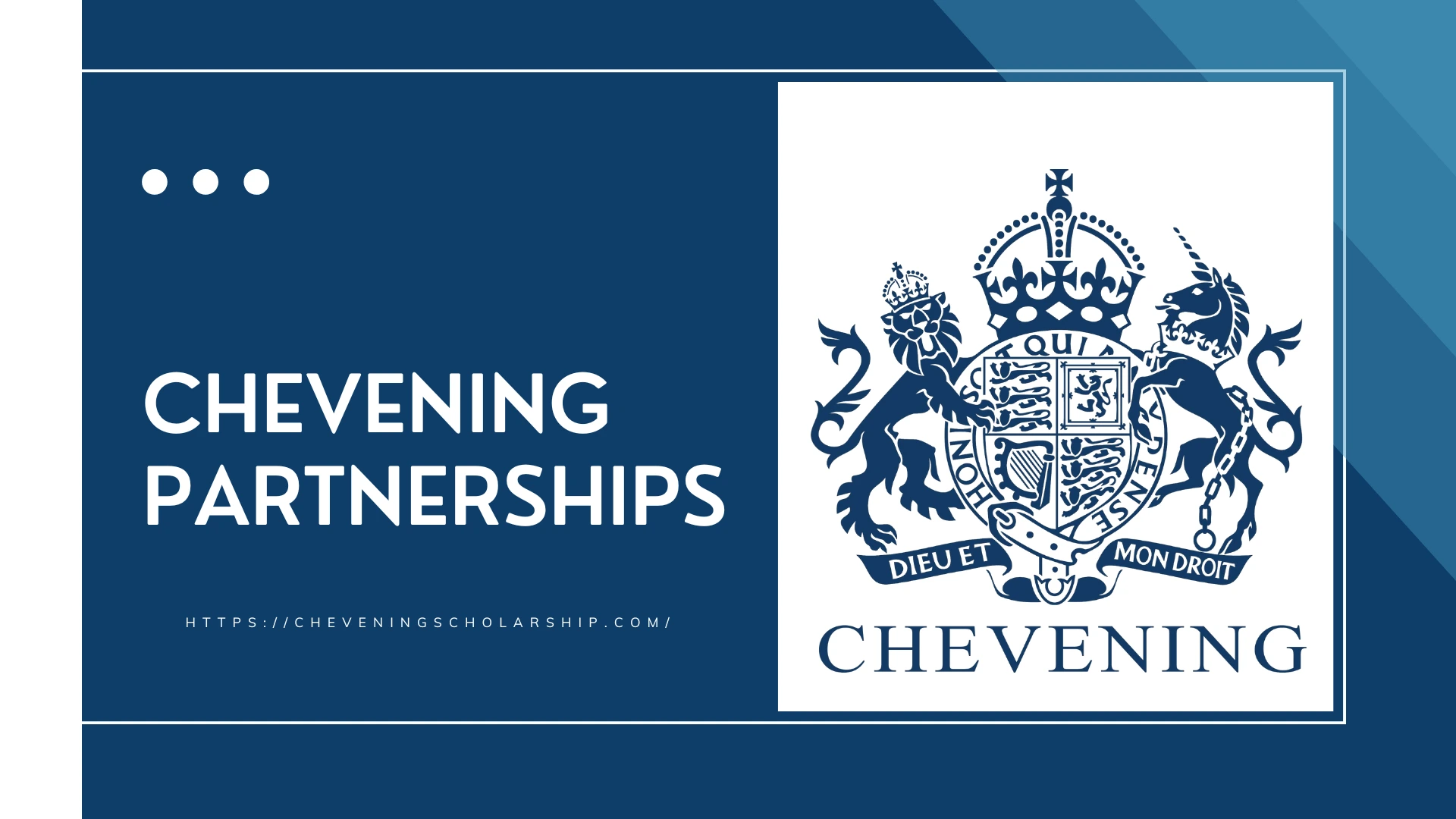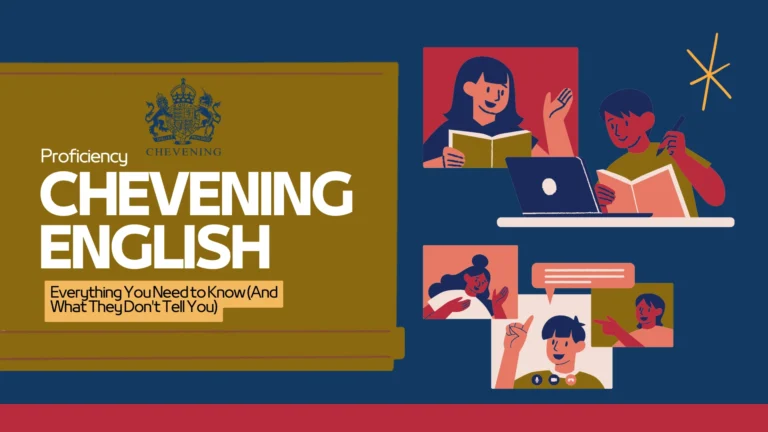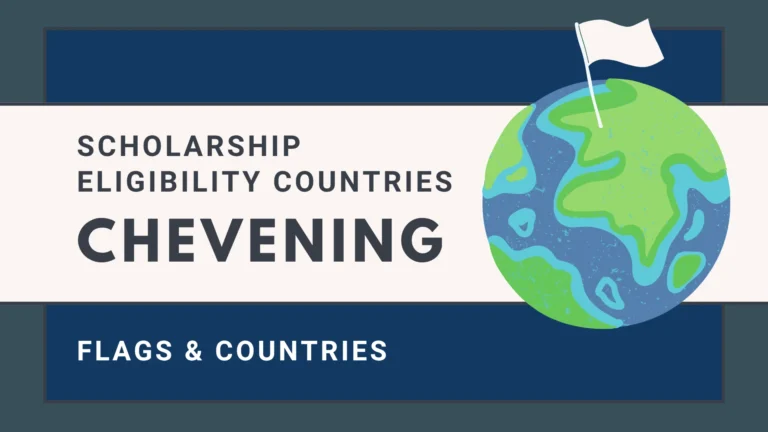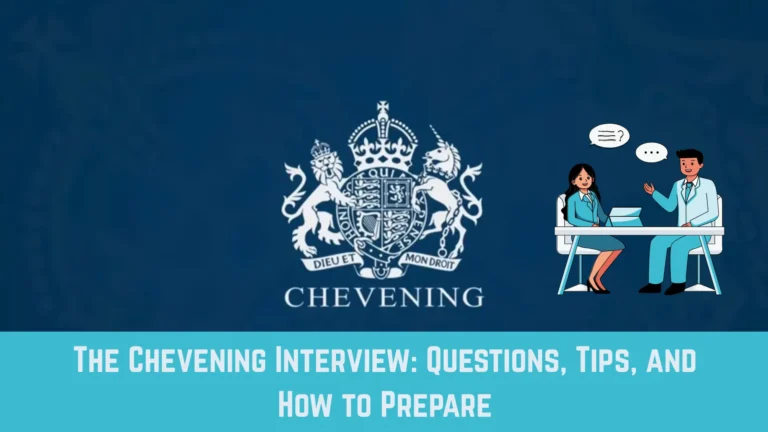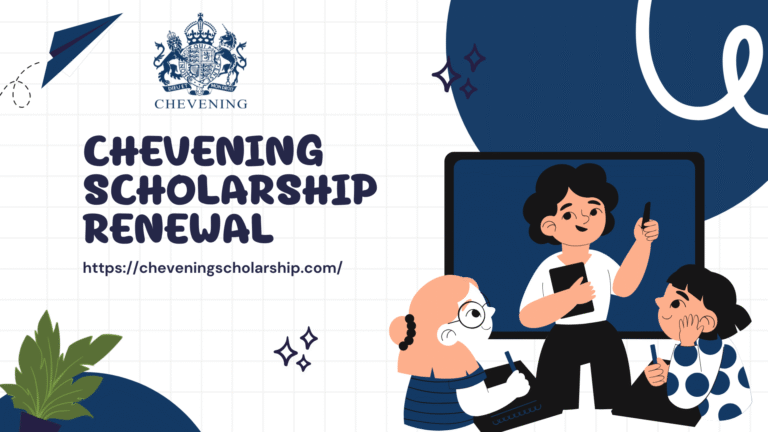Inside Chevening Partnerships: How Global Organizations Are Shaping Tomorrow’s Leaders
You know that feeling when you meet someone who just gets it? Someone who understands that building the future isn’t a solo mission—it’s a collective effort? That’s exactly what Chevening Partnerships are all about.
I’ve spent years watching scholarship programs come and go, but there’s something genuinely different about how Chevening approaches collaboration. It’s not just about writing checks and slapping logos on websites. These partnerships are living, breathing relationships that transform lives and reshape industries.
Let me walk you through what makes this whole ecosystem tick.
What Actually Are Chevening Partnerships?
Picture this: You’re a brilliant professional in Lagos, Kuala Lumpur, or Seoul with massive ambitions but limited resources. Meanwhile, there’s an organization in your country that believes investing in people like you will create ripples of positive change for decades.
That’s where Chevening Partnerships enter the scene.
Chevening Partner Organizations work alongside the UK Foreign, Commonwealth & Development Office to identify, fund, and support future leaders through fully-funded master’s degrees at UK universities. We’re talking about the Delta Electronics Foundation backing sustainability champions, the Saïd Foundation investing in Middle Eastern change-makers, and the Bank of Korea nurturing financial sector innovators.
But here’s what makes these Chevening Co-funding Partners genuinely special—they’re not passive investors. They’re active participants in shaping the next generation of global leaders.
The Players Behind the Curtain
Let’s talk about who’s actually making this happen, because understanding the partners helps you understand the program’s DNA.
The Foundations Leading the Charge
The Chevening Saïd Foundation Partnership stands out as one of the most impactful collaborations. Founded by Wafic Saïd, this partnership specifically targets scholars from the Middle East who are poised to drive change in their communities. It’s not just about academic excellence—it’s about identifying people with fire in their bellies and determination in their eyes.
Then there’s the Chevening Delta Electronics Foundation partnership, which I find particularly fascinating. In an era where sustainability isn’t optional anymore, Delta Electronics puts its money where its values are, funding scholars focused on environmental technology and green innovation.
Financial Sector Heavyweights
The Chevening Financial Supervisory Service and Chevening Bank of Korea Partnership represent something crucial—recognition from financial institutions that leadership development isn’t just an education issue, it’s an economic imperative. These organizations understand that investing in regulatory experts and financial innovators today means more stable, prosperous markets tomorrow.
Regional Champions
The Chevening Yayasan Khazanah Partnership showcases how national investment funds can amplify their impact. Yayasan Khazanah doesn’t just fund Malaysian scholars—they’re strategically investing in Malaysia’s future leadership across sectors.
Why Organizations Actually Partner with Chevening
Let’s be honest—there are countless scholarship programs out there. So what makes Chevening Corporate Partnerships so attractive?
The Talent Pipeline Nobody Talks About Enough
Here’s something I’ve noticed: Smart organizations aren’t just being charitable. They’re building pipelines. When you fund a Chevening scholar, you’re potentially identifying your future regional director, policy advisor, or innovation lead. These scholars return home with UK degrees, global networks, and—crucially—gratitude and connection to the organizations that believed in them.
Brand Association That Actually Matters
Aligning with Chevening isn’t like sponsoring a local sports team (though that’s nice too). You’re associating your brand with British academic excellence, international diplomacy, and leadership development. For organizations focused on Chevening Corporate Social Responsibility initiatives, this hits multiple objectives simultaneously.
Access to an Extraordinary Network
The Chevening Partnership Benefits extend far beyond the scholarship year. Partners gain access to over 50,000 alumni worldwide—politicians, business leaders, journalists, academics, and change-makers. That’s not just a network; that’s a global web of influence.
| Benefit Category | What Partners Get | Long-term Value |
|---|---|---|
| Talent Access | First look at exceptional graduates | Future hiring advantage |
| Brand Visibility | Logo placement, event recognition | Enhanced reputation |
| Network Access | Alumni database, events | Business development opportunities |
| Strategic Input | Influence on program direction | Aligned leadership development |
| CSR Fulfillment | Measurable social impact | Stakeholder satisfaction |
How the Co-Funding Model Actually Works
You might be wondering about the financial mechanics. Chevening Global Funding Partners don’t necessarily fund entire scholarships—though some do. The beauty of Chevening Co-funding Partners is flexibility.
Some organizations cover tuition while Chevening handles living costs. Others fund specific components like travel or thesis research. There are even partnerships where organizations provide in-kind support—mentorship programs, internships, or sector-specific training.
The typical investment ranges from £20,000 to £30,000 per scholar, which sounds substantial until you calculate the return on investment. We’re talking about developing leaders who’ll influence policy, drive innovation, and shape industries for 30-40 years of their careers.
The Success Stories Nobody Sees Coming
I love tracking Chevening alumni, and the Chevening Partner Success Stories are genuinely remarkable. There’s the Yayasan Khazanah scholar who returned to Malaysia and now leads sustainable infrastructure projects worth billions. The Financial Supervisory Service-sponsored scholar who’s revolutionizing financial inclusion in her country.
These aren’t anomalies—they’re the norm. The selection process is ruthless (in a good way), ensuring partners invest in people who’ll actually deliver impact.
The Strategic Partnership Difference
Chevening Strategic Partnerships go beyond simple funding arrangements. Let me break down what separates good partnerships from great ones:
Alignment of Values and Vision
The best partnerships share philosophical alignment. When the Delta Electronics Foundation partners with Chevening, there’s natural synergy around sustainability and innovation. That alignment means scholars benefit from authentic mentorship and support, not just financial backing.
Active Engagement Throughout the Journey
Top-tier partners don’t just fund and forget. They engage with scholars during their UK studies, provide networking opportunities, offer internships, and maintain relationships post-graduation. The Chevening Alumni and Partner Collaboration model creates lasting value for everyone involved.
Regional Expertise and Context
Chevening Regional Partnerships work because local organizations understand nuances that centralized programs might miss. The Bank of Korea knows what Korean financial professionals need. Yayasan Khazanah understands Malaysian development priorities. This contextual knowledge makes scholarship selection and support far more effective.
Chevening Interview Tips: Your Ultimate Guide to Scholarship Success in 2025
How to Actually Become a Chevening Partner
If you’re reading this thinking “my organization should be doing this,” here’s the reality check: Chevening is selective about partners, and rightly so.
The Requirements Aren’t Complicated, But They’re Real
First, you need genuine commitment to leadership development—not just a marketing budget looking for exposure. Chevening looks for organizations that understand investment in people creates multiplier effects.
Second, financial capacity matters. Whether you’re funding one scholar or twenty, Chevening wants assurance you can sustain the commitment.
Third, alignment with program values is crucial. Chevening emphasizes diversity, inclusion, and developing leaders who’ll contribute to their home countries. If your organization’s values don’t sync with that mission, it won’t work.
The Application Process
Starting a Chevening Partnership involves initial conversations with the Chevening Secretariat, proposal development, negotiation of terms, and formal agreement signing. The timeline typically spans 6-12 months from first contact to first scholars.
Organizations need to demonstrate:
- Financial stability and commitment
- Clear rationale for partnership
- Alignment with Chevening values
- Capacity for scholar support beyond funding
- Geographic or sector-specific expertise (for targeted partnerships)
The Collaboration with UK Universities
One aspect people often overlook is Chevening Collaboration with UK Universities. Partners don’t just fund scholars—they connect with Britain’s top academic institutions.
Universities value these partnerships because they bring motivated, high-caliber international students. For partners, it means scholars access world-class education while partners potentially collaborate on research, guest lectures, or joint programs.
I’ve seen organizations leverage these connections for everything from joint research projects to executive education programs. The value extends far beyond the individual scholarships.
Public-Private Partnership Innovation
The Chevening Public-Private Partnerships model is genuinely innovative in international education. By combining government resources (UK FCDO funding, diplomatic networks, program management) with private sector investment and expertise, Chevening creates something neither sector could achieve alone.
Government brings legitimacy, scale, and diplomatic relationships. Private partners bring sector expertise, additional funding, and practical career connections. Scholars benefit from both worlds.
Measuring Impact: The Metrics That Matter
Here’s where many partnership programs fall flat—they can’t demonstrate real impact. Chevening takes Chevening Partnership Success Metrics seriously.
Partners receive regular updates on scholar progress, alumni achievements, and program outcomes. Metrics include:
- Scholar academic performance and completion rates
- Alumni career progression and leadership positions
- Network growth and engagement levels
- Partner brand recognition among key audiences
- Measurable social impact in scholars’ home countries
The Chevening Partnership Impact extends beyond individual success stories. We’re talking about policy changes influenced by alumni, businesses transformed by Chevening-educated leaders, and cross-border collaborations enabled by the alumni network.
Chevening Scholarship in Barbados : Study in the UK on a Fully Funded Award
The Future of Chevening Partnerships
Looking ahead, I see Chevening Future Partnerships evolving in fascinating directions.
Sustainability-Focused Collaborations
Climate change, environmental degradation, and sustainability challenges demand urgent attention. Expect more partnerships like Delta Electronics Foundation—organizations investing in leaders who’ll drive green transitions.
Technology and Innovation Partnerships
As digital transformation reshapes every industry, Chevening Innovation Partnerships focusing on AI, cybersecurity, fintech, and biotechnology will likely expand.
Regional Partnership Expansion
While traditional partnerships concentrate on established partners, there’s massive potential for Chevening Sustainable Partnerships in emerging markets and underrepresented regions.
Real Talk: Is Partnership Right for Your Organization?
Let me be straight with you—Chevening Partnerships aren’t for everyone, and that’s okay.
When It Makes Sense
Partnership works brilliantly if you’re an organization that:
- Operates internationally or aspires to
- Values long-term investment over quick returns
- Needs access to emerging market talent and networks
- Wants authentic, impactful CSR programs
- Can commit resources beyond just money
When It Might Not
Partnership might not fit if you:
- Need immediate ROI or direct business benefits
- Can’t commit to multi-year support
- Don’t have capacity for scholar engagement beyond funding
- Aren’t aligned with Chevening’s values around diversity and inclusion
The Partnership Application Checklist
If you’re seriously considering partnership, here’s your action plan:
- Review Internal Alignment: Does Chevening partnership align with your organizational strategy, values, and capacity?
- Financial Assessment: Can you commit £20,000-£600,000 annually (depending on scholar numbers) for at least 3-5 years?
- Initial Contact: Reach out to the Chevening Secretariat via their website partnership portal
- Proposal Development: Work with Chevening to develop a partnership proposal outlining scope, scale, and objectives
- Internal Approval: Secure necessary board or executive approvals for multi-year commitment
- Agreement Negotiation: Finalize terms covering funding, scholar selection, branding, and engagement
- Implementation Planning: Develop operational plans for scholar support, events, and alumni engagement
- Launch and Promotion: Jointly announce partnership and begin scholar recruitment
Chevening Scholarship in Azerbaijan – Application Guide, Eligibility & Benefits
Insider Tips for Prospective Partners
Having watched numerous partnerships develop, here’s advice you won’t find in official materials:
Start Small, Think Big: If you’re uncertain, propose funding 1-2 scholars initially. Prove the model works for your organization before scaling.
Define Success Upfront: Be crystal clear about what partnership success looks like for your organization. Vague goals lead to disappointing outcomes.
Engage Beyond Funding: The partners who gain most value are those actively involved—hosting events, providing mentorship, offering internships.
Think Alumni, Not Just Scholars: The relationship doesn’t end at graduation. Thoughtful alumni engagement creates decades of value.
Be Patient: Building a strong partnership takes 3-5 years. Early years establish foundations; later years deliver compounding returns.
The Nitty-Gritty: Partnership FAQs
How Much Does Partnership Actually Cost?
Full scholarship costs average £25,000-£30,000 per scholar annually. Co-funding arrangements can be as low as £10,000-£15,000 per scholar if sharing costs with Chevening.
Can Small Organizations Partner?
Absolutely. While major corporations and foundations dominate headlines, Chevening welcomes smaller partners committed to impact. Even funding one scholar creates meaningful change.
What Happens If We Can’t Continue Funding?
Partnership agreements typically include exit clauses. However, multi-year commitments are expected, and abrupt withdrawal impacts scholars and reputation. Most agreements span 3-5 years minimum.
Do We Get to Select Our Scholars?
It depends. Some partnerships allow partners significant input in scholar selection within Chevening’s framework. Others use Chevening’s standard selection process with partner preferences noted.
How Much Control Do Partners Have Over Scholar Activities?
Partners can offer opportunities (internships, mentorship, events) but can’t mandate scholar participation. The relationship should feel supportive, not controlling.
Chevening Scholarship In Angola| Apply for Fully Funded UK Master’s
Why This Matters Beyond the Obvious
Look, I could fill another 5,000 words with statistics and case studies. But here’s what really matters:
Chevening Partnerships represent something increasingly rare in our fractured world—genuine international collaboration focused on developing people who’ll make things better.
In an era of rising nationalism and declining faith in international institutions, these partnerships quietly demonstrate that cross-border investment in human potential still works. They show that organizations from different countries, sectors, and cultures can work together toward shared goals.
The scholars these partnerships support aren’t just statistics. They’re future ministers of health navigating pandemic responses. Future tech entrepreneurs creating solutions for their markets. Future educators transforming how children learn. Future environmental scientists protecting biodiversity.
Taking the Next Step
If you’ve read this far, you’re genuinely interested. Here’s what I’d do:
Visit the official Chevening partnerships page and request an information pack. Schedule a conversation with the partnership team—they’re surprisingly approachable and helpful.
Attend a Chevening event if possible. Meeting scholars and alumni in person crystallizes what this program achieves in ways websites and brochures never can.
Talk to existing partners. Most are happy to share their experiences and advice.
And honestly? Even if partnership isn’t right for your organization, consider supporting in other ways. Mentor a Chevening scholar. Host an alumni event. Share opportunities with the network.
Chevening Scholarship in Thailand – Complete Guide for Thai Students
The Bottom Line
Chevening Partnerships aren’t perfect. No program is. Scholar selection isn’t flawless. Not every alumni achieves their potential. Some partnerships deliver more value than others.
But having watched international education programs for years, I genuinely believe Chevening’s partnership model represents something exceptional—a thoughtful, sustainable approach to developing global leadership that benefits scholars, partners, home countries, and the UK.
In a world desperately needing better leadership, more cross-cultural understanding, and solutions to shared challenges, investing in programs that develop people capable of delivering those things isn’t just noble.
It’s essential.
And for organizations positioned to participate, it’s an opportunity that extends far beyond traditional philanthropy or CSR—it’s strategic investment in a more capable, connected, collaborative future.
Ready to explore Chevening partnership opportunities? Visit chevening.org/partnerships to start the conversation, or connect with existing partners to hear firsthand experiences.
Have you worked with Chevening scholars or partners? What’s been your experience? Let’s keep this conversation going in the comments.
Frequently Asked Questions (FAQs)
- What are Chevening Partnerships and how do they work? Chevening Partnerships are collaborative arrangements between the UK Foreign, Commonwealth & Development Office and organizations worldwide that co-fund scholarships for future leaders.
- Which organizations partner with Chevening? Partners include the Delta Electronics Foundation, Saïd Foundation, Financial Supervisory Service, Bank of Korea, Yayasan Khazanah, and various corporations, foundations, and universities.
- How can my organization become a Chevening partner? Organizations can apply through the Chevening website by demonstrating alignment with program values and committing to financial or strategic support for scholars.
- What benefits do Chevening partners receive? Partners gain access to a global network of leaders, brand visibility, talent pipeline opportunities, and the chance to shape future global decision-makers.
- How much funding do partners typically contribute? Funding varies by partnership type, ranging from partial tuition support to full scholarship packages, typically between £20,000-£30,000 per scholar.
- Can small organizations partner with Chevening? Yes, Chevening welcomes partnerships of all scales, including regional organizations, NGOs, and smaller foundations with shared leadership development goals.
- What’s the difference between co-funding and full partnership? Co-funding involves sharing scholarship costs with Chevening, while full partnerships may include additional strategic collaboration, events, and alumni engagement initiatives.
- How do partnerships impact scholars’ experiences? Partnerships often provide mentorship, internship opportunities, networking events, and sector-specific support that enriches the academic journey.
- Are there partnerships specific to certain countries or regions? Yes, many partnerships target specific geographic regions or countries, such as the Bank of Korea partnership focusing on Korean scholars.
- What success metrics does Chevening use to evaluate partnerships? Metrics include scholar outcomes, alumni engagement, partner satisfaction, program reach, and long-term impact on leadership and diplomacy.
